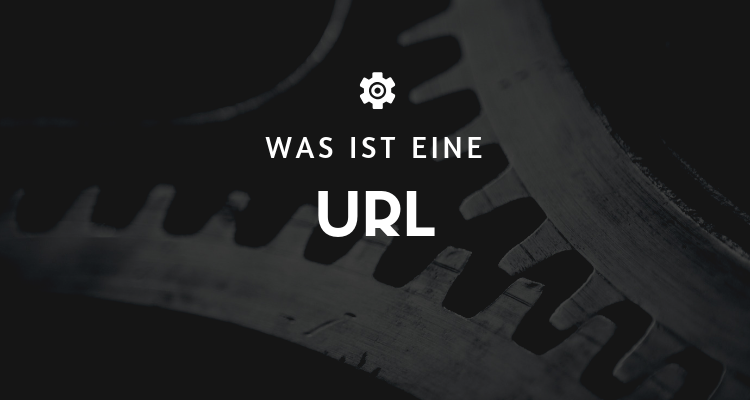You have probably heard of a URL heard - but if someone asked you what it is and what it does, would you still know the answer? If not, read this brief explanation of the purpose of a URL.
What is a URL?
URL steht für „Uniform Resource Locator“ und ist die gebräuchlichste Form von Uniform Resource Identifiers: Zeichenketten, die zur Identifizierung einer Ressource im Web verwendet werden. Es teilt dem Hypertext-System, das das Internet betreibt, mit, welches Protokoll es verwenden soll, um die Ressource zu finden, auf die Sie zugreifen möchten, und wo es sich befindet. Einfach ausgedrückt ist eine URL ein anderer Name für eine Webadresse und hilft Benutzern, direkt zu den Websites zu navigieren, die sie anzeigen möchten.
What is the point of a URL?
A URL erleichtert es den Nutzern, die richtige Art der Navigation zu einer Website zu finden und sich zu merken. Jede Webseite hat eine IP-Adresse (Internet Protocol), die Webbrowser verwenden, um Benutzer an ihr Ziel zu bringen. Eine IP-Adresse besteht jedoch aus einer Reihe von numerischen Zeichen (z.B. 38.97.225.253). Stellen Sie sich vor, Sie müssten sich jedes Mal, wenn Sie Ihre E-Mails abrufen, zu einer Search Engine navigieren oder sich bei Facebook anmelden wollten, verschiedene Zeichenketten eingeben – nicht ideal, oder? Eine URL weist jeder IP-Adresse eine benutzerfreundlichere Zeichenkette (wie www.name.com) zu, so dass sich die Benutzer leichter merken und eingeben können, wann sie auf eine bestimmte Website zugreifen möchten.
How do I get a URL?
The registration of your own URL ist einfach und dauert nur wenige Minuten. Gehen Sie einfach auf die Website eines Domainregistrars und suchen Sie nach der gewünschten URL. Wenn es verfügbar ist, fügen Sie es einfach in Ihren Warenkorb und checken Sie es aus, wie bei jedem anderen Online-Kauf. Domainregistrierungen dauern ein Jahr und gehören Ihnen, solange Sie sie ständig verlängern.
« Back to Glossary Index

